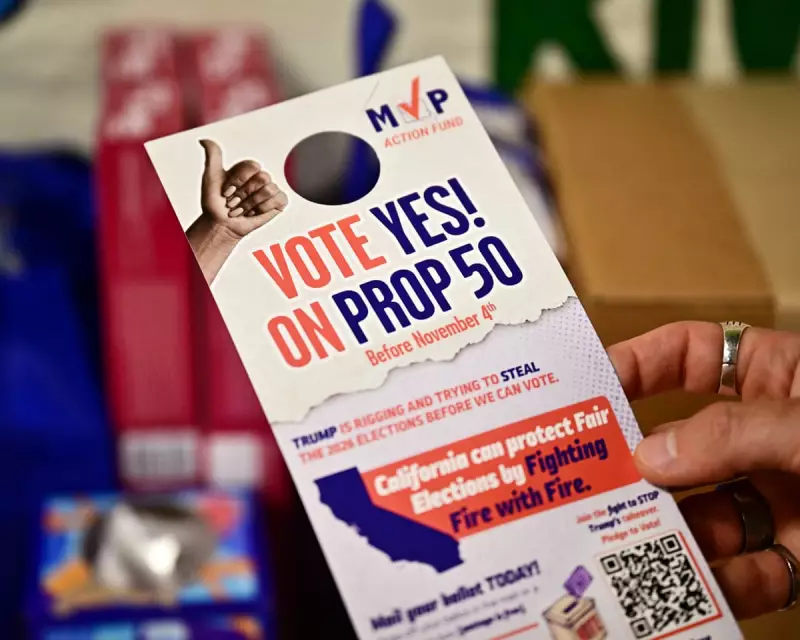
In what could become a watershed moment for American democracy, California stands poised to confront one of politics' most enduring problems: partisan gerrymandering. Proposition 50, set for the ballot, represents the most significant attempt in years to ensure voters choose their politicians, rather than politicians choosing their voters.
The Gerrymandering Epidemic
Across the United States, the practice of drawing electoral boundaries to favour one political party has become increasingly sophisticated. Through advanced data analysis and mapping technologies, politicians can now create districts with surgical precision, effectively guaranteeing their re-election regardless of public sentiment.
This manipulation creates what experts call "safe seats" where competition virtually disappears. The consequences are profound:
- Politicians become accountable only to their party base rather than the broader electorate
- Extreme partisanship replaces practical governance
- Voter disillusionment grows as elections feel predetermined
- Communities are divided along artificial political lines
California's Bold Solution
Proposition 50 aims to dismantle this system by establishing an independent redistricting commission with enhanced powers and stricter guidelines. The measure would:
- Prohibit consideration of partisan data when drawing district maps
- Strengthen requirements for keeping communities intact
- Increase transparency in the mapping process
- Create stronger legal standing for challenges to gerrymandered maps
National Implications
California's initiative carries significance far beyond its borders. As one of America's largest and most influential states, successful reform here could create a blueprint for other states grappling with similar issues. Political analysts suggest that if Proposition 50 passes, it could trigger a domino effect across the country.
The timing is particularly crucial, coming just before the next round of redistricting following the 2030 census. This gives the new system time to be tested and refined before the next major boundary review.
Opposition and Challenges
Despite widespread public support for fair districts, Proposition 50 faces significant opposition from both major political parties. Incumbent politicians who benefit from the current system have been reluctant to support changes that might threaten their safe seats.
Some critics argue that the measure doesn't go far enough, while others claim it could create unintended consequences in representation. Legal challenges are almost certain if the proposition passes, adding another layer of complexity to an already contentious process.
As California voters prepare to weigh in on this critical issue, the nation watches closely. The outcome could determine whether American democracy moves toward greater fairness or remains trapped in a system where election outcomes are often decided before a single vote is cast.





